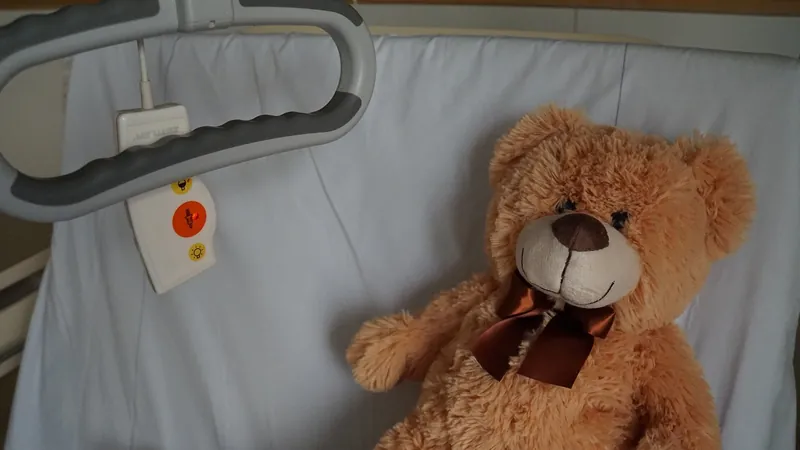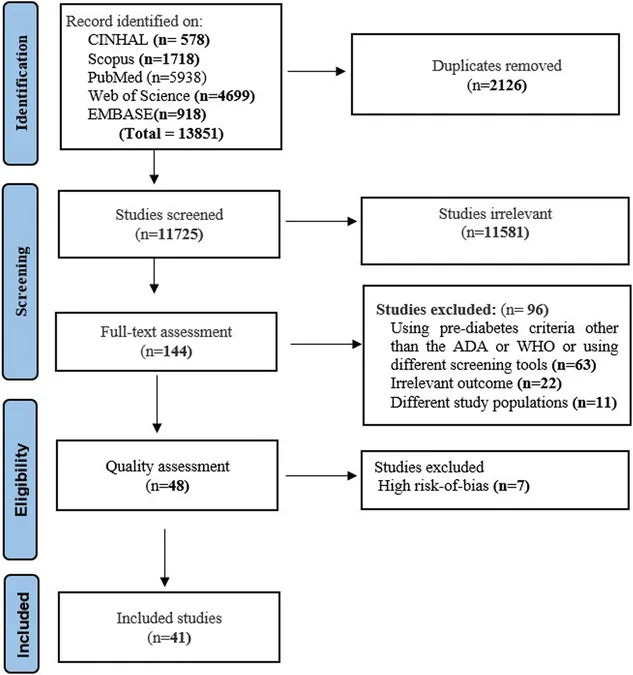
Breakthrough Research Uncovers Potential Culprit Behind Kawasaki Disease: The Quest for a Mysterious Respiratory Virus
2025-03-27
Author: Rajesh
Groundbreaking Research
Groundbreaking research from the Stanley Manne Children's Research Institute at Ann & Robert H. Lurie Children's Hospital of Chicago indicates that Kawasaki disease, a serious condition that primarily affects young children, may be triggered by a single, unidentified respiratory virus. This new finding challenges the longstanding belief that a variety of pathogens or toxins might be responsible for the onset of this dangerous illness.
Significance of the Research
Dr. Anne Rowley, a leading pediatric infectious disease expert and the principal investigator of the study published in Laboratory Investigation, emphasized the significance of this research: "The cause of Kawasaki disease has been a mystery for over 50 years. Our compelling data are a huge step forward and provide a clear direction for identifying and sequencing the virus responsible for Kawasaki disease in susceptible children. This discovery is critical for improving the diagnosis, treatment, and prevention of the disease."
Impact of Kawasaki Disease
Kawasaki disease, while relatively rare, predominantly impacts children aged between 6 months and 5 years. Annually, Lurie Children's Hospital sees around 50 to 60 new cases. Its symptoms include persistent fever, rash, swelling of the hands and feet, redness in the eyes, swollen lymph nodes, and irritation of the mouth and throat. Alarmingly, children diagnosed with Kawasaki disease face a 20% chance of developing heart disease, with infants having an even higher risk of 50%.
Current Diagnostic and Treatment Approaches
Currently, there is no specific diagnostic test for Kawasaki disease. The standard treatment involves intravenous immunoglobulin and aspirin, both of which significantly lower the risk of future heart problems. For children at the highest risk, steroids may also be prescribed to enhance recovery.
Research Methodology
In this pivotal study, Dr. Rowley and her team analyzed antibodies obtained from the blood of children diagnosed with Kawasaki disease. They sought to determine what these antibodies targeted within tissue samples from patients who succumbed to the illness. Their research revealed that the antibodies consistently recognized inclusion bodies—viral by-products—across all 20 examined tissue samples, sourced from both the U.S. and Japan over the past 50 years.
Findings and Future Directions
Dr. Rowley noted, "We observed the same inclusion bodies in every tissue sample across five decades and two continents, indicating a predominant virus associated with Kawasaki disease." She added, “It seems to be a respiratory virus, as the inclusion bodies were predominantly located in the medium-sized airways. Going forward, we must conduct further studies on pathology specimens to decode what resides within the inclusion bodies so we can pinpoint the specific virus causing Kawasaki disease and ultimately solve this enduring mystery.”
Conclusion and Outlook
Dr. Rowley holds a distinguished position at Northwestern University Feinberg School of Medicine, where she is a Professor of Pediatrics and Microbiology-Immunology, and is recognized for her contributions to immunobiology at Lurie Children’s. As researchers delve deeper into this groundbreaking study, the medical community and parents of young children everywhere hold their breath, hopeful for a future where Kawasaki disease can be easily diagnosed and prevented. Stay tuned for more developments as this story unfolds! What could this mean for the future of pediatric health?




 Brasil (PT)
Brasil (PT)
 Canada (EN)
Canada (EN)
 Chile (ES)
Chile (ES)
 Česko (CS)
Česko (CS)
 대한민국 (KO)
대한민국 (KO)
 España (ES)
España (ES)
 France (FR)
France (FR)
 Hong Kong (EN)
Hong Kong (EN)
 Italia (IT)
Italia (IT)
 日本 (JA)
日本 (JA)
 Magyarország (HU)
Magyarország (HU)
 Norge (NO)
Norge (NO)
 Polska (PL)
Polska (PL)
 Schweiz (DE)
Schweiz (DE)
 Singapore (EN)
Singapore (EN)
 Sverige (SV)
Sverige (SV)
 Suomi (FI)
Suomi (FI)
 Türkiye (TR)
Türkiye (TR)
 الإمارات العربية المتحدة (AR)
الإمارات العربية المتحدة (AR)